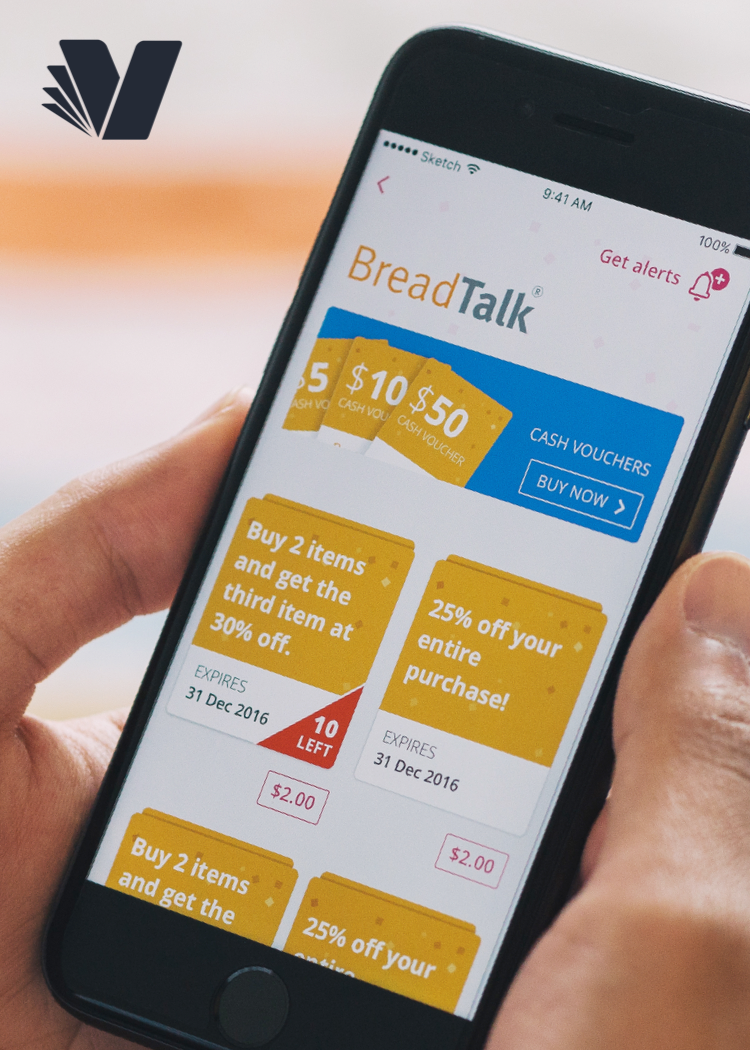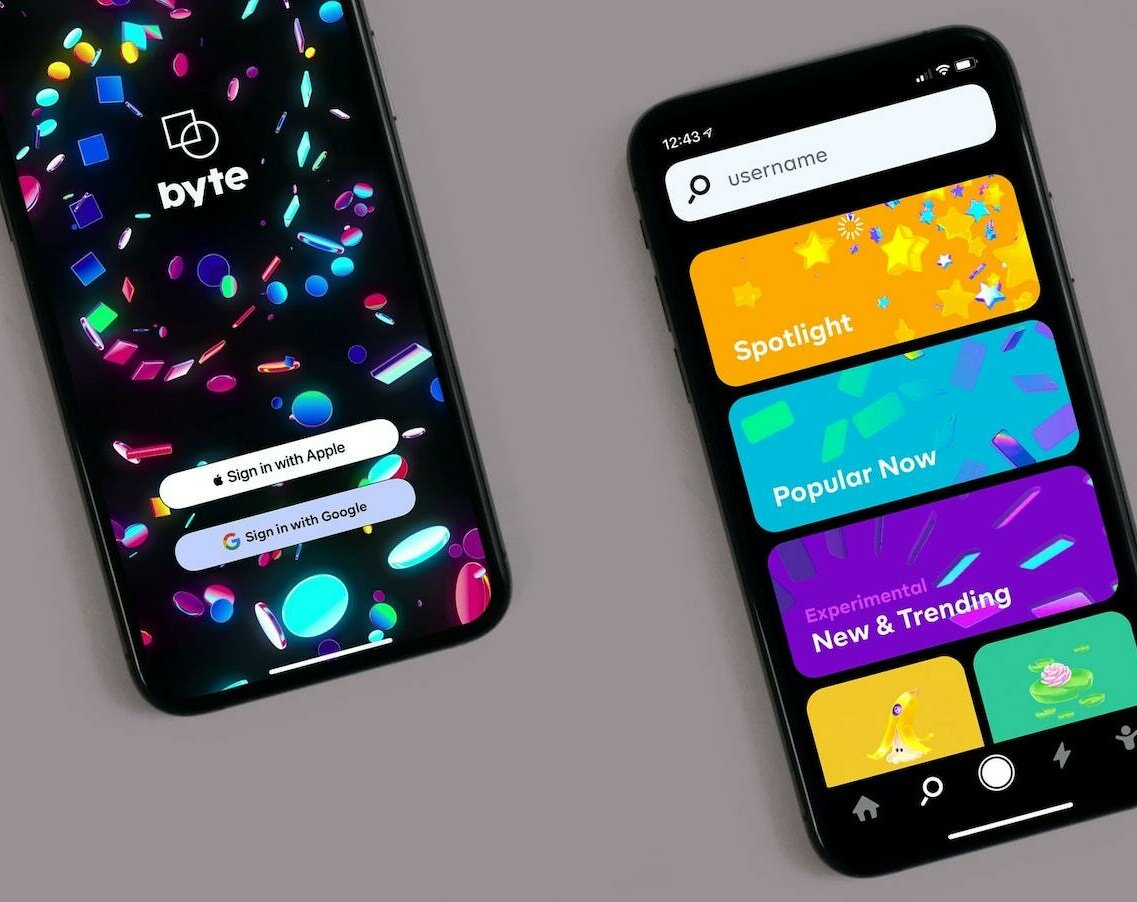blog
Mastering Mobile App Market Research - A Complete Guide
By Mohan S App development September 10, 2023

The importance of mobile app market research has never been greater as companies work to effectively reach and engage their target audiences. Making wise choices and creating effective mobile strategies require an understanding of the dynamics of the mobile app landscape.
The Harvard Business Review asserts that a successful mobile app strategy must go beyond simply emphasising smartphones. It should take a broader view and take into account during the planning stage.
Mobile app marketing strategies and development cost breakdowns are closely tied because both need to be planned together. The marketing budget influences pre-launch activities, while post-launch efforts like user acquisition and ongoing promotions require continuous investment, impacting overall financial planning for the app's lifecycle.
This article discusses mobile app market research, including methodologies, key metrics, and tools for businesses to navigate the dynamic landscape. By utilizing data-driven research, businesses can unlock untapped potential and elevate their digital strategies.
Importance of Mobile App Market Research and App Failure Statistics
To develop mobile apps that appeal to the target market and provide a seamless user experience, it is crucial to comprehend the market landscape, user preferences, and industry trends. The following are some strong arguments for why conducting research into mobile apps is crucial:
Informed Decision-Making: Businesses can make wise decisions about app features, designs, and functionalities thanks to thorough market research. It aids in locating market gaps, locating user pain points, and developing strategies for successfully meeting customer expectations.
Competitive Edge: The mobile app market is highly competitive due to the availability of over 5 million apps across various app stores. Market research enables companies to evaluate rivals, pinpoint their advantages and disadvantages, and position their app differently to gain a competitive edge.
User-Centric Approach: End users are taken into account when developing successful apps. Businesses can tailor the app experience to meet user expectations by using market research to gain insights into user preferences, behaviors, and demographics.
Cost Optimization:A mobile app's creation and release require a sizable financial commitment. Businesses can reduce the risk of app failure by conducting in-depth research, ensuring that resources are focused on developing a viable and marketable product.
App Failure Statistics:
Business of Apps reports that 25% of mobile apps are abandoned after a single use, while 90% of apps are deleted within six months. Mobile app failures often stem from a lack of market research, user engagement issues, poor performance, and ineffective marketing strategies. These statistics highlight the importance of mobile app market research in addressing underlying issues and increasing app success.
In the cutthroat mobile app market, conducting in-depth market research is essential for producing successful mobile applications. Businesses can improve app concepts, create user-centric solutions, and raise their chances of success in the digital sphere by examining industry trends, comprehending user needs, and learning from app failure statistics. This strategy ensures sustainable growth in the digital era and releases the full potential of mobile applications.
Types of Mobile App Market Research
Understanding the target market, spotting market opportunities, and making wise choices during the creation and release of a mobile application all depend on conducting thorough market research for mobile apps. To create a successful mobile app idea, a variety of mobile app market research techniques can be used. Let's delve deeper into a few of the most prevalent types:
1. Market Analysis:
Analyzing the market for mobile apps as a whole can help you spot trends, rivals, and business opportunities. In addition to understanding the demand for comparable apps on the market, it involves analyzing the needs, preferences, and pain points of the target audience. In order to stand out in a crowded market, this research assists app developers in identifying gaps and making data-driven decisions.
2. Competitor Analysis:
To comprehend the advantages and disadvantages of current apps that are similar to the one being developed, competitor analysis is crucial. It involves researching the user experience, pricing, and marketing tactics of rival apps. App developers can effectively position their apps, take advantage of competitor weaknesses, and differentiate their offerings by using this kind of research.
3. User Surveys:
A direct method of getting user feedback is through user surveys. App developers can learn more about user preferences, expectations, and pain points by conducting surveys. This research assists in enhancing app functionalities and features to better suit user requirements, ultimately resulting in an app that is more user-centric.
4. Focus Groups:
Focus groups involve gathering a small group of prospective users to talk about their feelings toward the idea behind the app and its features. Developers can gather qualitative feedback using this interactive research method, comprehend user perceptions, and spot areas for improvement.
5. Beta Testing:
An early version of the app is made available for testing and feedback to a small group of users during beta testing. This kind of research identifies bugs, hiccups, and user experience problems, allowing developers to fix them before the launch.
6. App Store Reviews and Ratings:
App store reviews and ratings of rival apps can be analyzed to gain important information about user satisfaction and dissatisfaction with related products. Additionally, it assists in identifying features that users value or feel are lacking, assisting app developers in improving their offering.
7. Analytics and User Behavior Tracking:
App analytics software enables developers to monitor user activity within the app. This data-driven research identifies popular features, patterns of user engagement, and potential trouble spots for users. The design and functionality of the app are improved with the aid of user behavior analysis.
8. Trend Analysis:
Trend analysis involves examining new technologies, user trends, and market forces that could have an impact on the future of the mobile app market. App developers can anticipate user expectations and incorporate cutting-edge features that satisfy changing needs by keeping up with trends.
App developers can gather crucial information and make calculated decisions to produce successful, user-focused mobile applications by utilizing these various types of mobile app market research.
Strategies for Mobile App Market Research
Knowledge of the mobile app landscape, user preferences, and market opportunities requires conducting market research. These techniques can help app developers gather insightful information to produce user-focused and profitable mobile applications. Let's explore the method for carrying out thorough mobile app market research step by step.
1. Define Research Objectives:
Start by establishing precise research goals. Choose the specific data you want to collect, such as demographics of your target audience, an analysis of your competitors, or market trends. Your market research process will be guided by the goals you establish for the study.
2. Identify Target Audience:
Decide who your target market is. Recognize their requirements, preferences, pain points, and usage patterns for mobile apps. Use focus groups and user surveys to elicit qualitative feedback from prospective users.
3. Conduct Competitor Analysis:
Examine competing apps on the market to learn about their advantages, disadvantages, and special selling points. Examine app features, pricing plans, and user feedback to spot market gaps and opportunities.
4. Utilize App Analytics:
Utilize app analytics tools to monitor user activity within your app or other apps that are similar to it. Track user interaction, retention rates, and feature usage to gather useful information for enhancing the look and feel of your app.
5. Perform Trend Analysis:
Keep on top of market trends and new technologies that may have an impact on the mobile app market. Look for opportunities to include cutting-edge features that meet future user expectations.
6. Beta Testing and Feedback:
To gather feedback on the functionality and user experience of your app, conduct beta testing with a small group of users. Utilize this feedback to make the necessary adjustments prior to the app's launch.
7. Analyze App Store Reviews:
To learn about user satisfaction and potential areas for improvement, examine user reviews and ratings of competing apps. Your app development strategy should take into account the feedback from app store reviews.
8. Leverage Social Media:
Keep an eye on social media sites to learn about user opinions and conversations about mobile apps. Engage prospective customers to gather information and create a devoted user base.
Conclusion
Market research is essential to your app's success in the highly competitive world of mobile apps. You can learn important information about your target market, rivals, and market trends by adhering to a clearly defined research strategy. You can develop a user-centric app that appeals to your audience by being aware of their needs and expectations. Additionally, studying competing apps gives you a competitive advantage and helps you position your app well.
The performance and user experience of your app can be improved by implementing data-driven insights from app analytics and user feedback. You can give your app cutting-edge features and future-proof it by keeping up with the latest trends. The foundation for a successful mobile app launch and the creation of a significant presence in the app market is the integration of market research into your app development process. Always remember that thorough market research will pay off in the long run and result in a well-liked and profitable mobile app.




